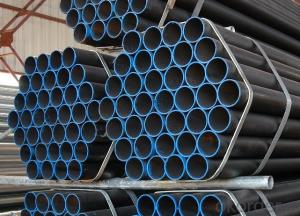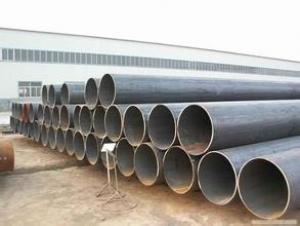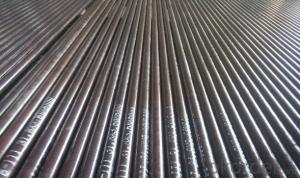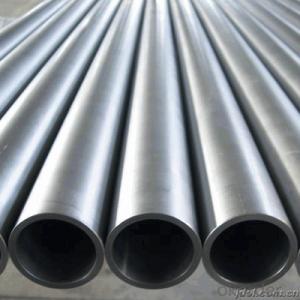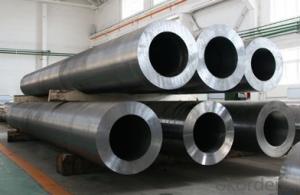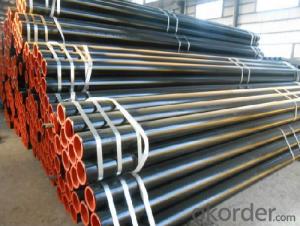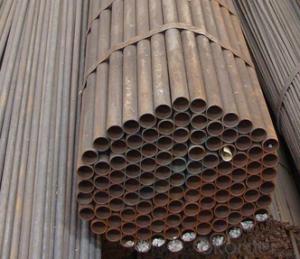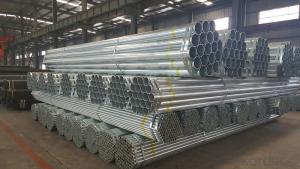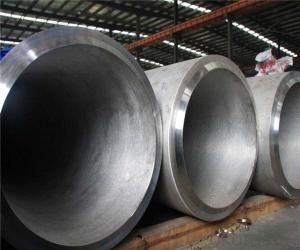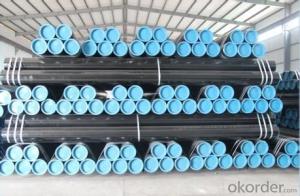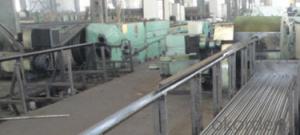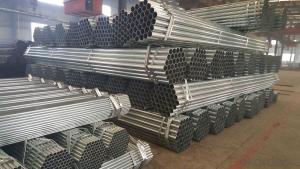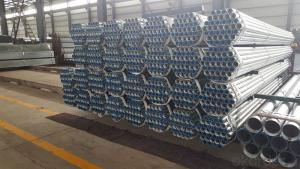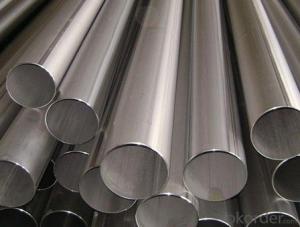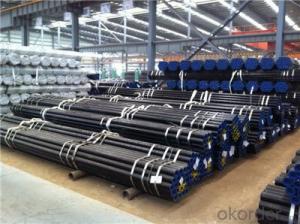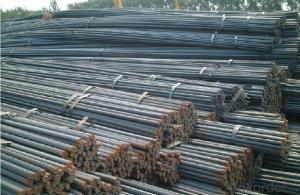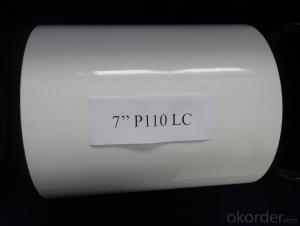All Categories
- - Steel Wire Rod
- - Steel Coils
- - Steel Profiles
- - Steel Pipes
- - Stainless Steel
- - Tinplate
- - Special Steel
- - Steel Sheets
- - Steel Rebars
- - Steel Strips
- - Hot Rolled Steel
- - Cold Rolled Steel
- - Pre-painted Steel
- - Seamless Steel Pipe
- - Welded Steel Pipe
- - Hollow Steel Tubes
- - Galvanized Pipe
- - Stainless Steel Coil
- - Stainless Steel Sheet
- - Stainless Steel Plate
- - Stainless Steel Strips
- - Electrolytic Tinplate Coil
- - Electrolytic Tinplate Sheet
- - Stainless Steel Rebars
- - Solar Panels
- - Solar Water Heater
- - Solar Related Products
- - Solar Inverter
- - Solar Cells
- - Solar Light
- - Solar Energy Systems
- - Solar Controllers
- - Solar Mounting System
- - Solar Pump
- - Solar Chargers
- - Fiberglass Chopped Strand
- - Fiberglass Mesh Cloth
- - Composite Pipes
- - FRP Pultrusion Profiles
- - Fiberglass Mat Tissue
- - Fiberglass Fabrics
- - Fiberglass Mesh
- - Composite Tank
- - Fiberglass Mesh tape
- - Polymer
- - FRP Roofing Panel
- - Fiberglass Roving
- - Monolithic Refractories
- - Ceramic Fiber Products
- - Refractory Bricks
- - Raw Materials For Refractory
- - Suspended Platform
- - Cranes
- - Concrete Machinery
- - Earthmoving Machinery
- - Building Hoist
- - Road Building Machinery
- - Plastic Pipe Fittings
- - Plastic Tubes
- - Plastic Sheets
- - Agricultural Plastic Products
- - Plastic Nets
 All Categories
All Categories
Q & A
Can a welded steel pipe be used for air conditioning systems?
Yes, a welded steel pipe can be used for air conditioning systems. It is a common choice for transporting refrigerants and providing a durable and long-lasting solution for air conditioning installations.
Can welded steel pipe be used for breweries?
Yes, welded steel pipe can be used for breweries. It is a commonly used material for conveying fluids and is known for its strength and durability. However, it is important to ensure that the pipe is specifically designed for food and beverage applications, with appropriate coatings or linings to prevent corrosion and contamination.
What are the factors that affect the flow stability in welded steel pipes?
There are several factors that can affect the flow stability in welded steel pipes. Firstly, the diameter and length of the pipe play a significant role. Smaller diameter pipes tend to have higher flow rates and are more prone to turbulence, which can disrupt the flow stability. Longer pipes also increase the likelihood of flow disturbances.
Secondly, the internal roughness of the pipe's surface can impact flow stability. Rough surfaces create more friction, which can lead to turbulent flow and instability.
Thirdly, the fluid properties such as viscosity and density can affect flow stability. Highly viscous fluids are more likely to experience turbulent flow, while denser fluids may require higher pressure to maintain stability.
Additionally, the velocity and pressure of the fluid flowing through the pipe can influence flow stability. High velocities and pressures can cause turbulence and disrupt the flow.
Finally, any irregularities or defects in the welding process can create disturbances in the flow, affecting its stability. Proper welding techniques and quality control are essential to ensure smooth flow in welded steel pipes.
What are the factors that affect the noise transmission through a welded steel pipe?
There are several factors that can affect the noise transmission through a welded steel pipe. These include the thickness and material of the pipe, the presence of any insulation or lining, the type and intensity of the noise source, the frequency of the noise, and the distance between the noise source and the receiver. Additionally, factors such as pipe diameter, surface roughness, and any bends or fittings in the pipe can also impact noise transmission.
What are the different factors that can affect the fatigue strength of welded steel pipe?
There are several factors that can affect the fatigue strength of welded steel pipe, including the quality of the weld, the type and strength of the steel used, the geometry and design of the pipe, the presence of any surface defects or imperfections, and the operating conditions such as temperature, pressure, and cyclic loading.
Wholesale Welded Steel Pipe from supplier in Ethiopia
We are a Welded Steel Pipe supplier serving the Ethiopia, mainly engaged in the sale, quotation, and technical support services of various Welded Steel Pipe products in the Ethiopia region. We are a subsidiary platform of the Fortune Global 500 company CNBM, able to provide you with one-stop Welded Steel Pipe procurement services in the Ethiopia. Not only do we have a wide range of Welded Steel Pipe products, but after years of market development in the Ethiopia, we can also provide valuable experience for your projects.
